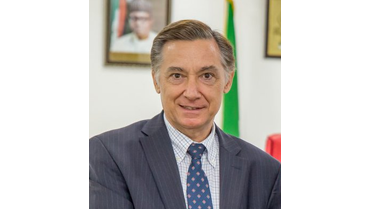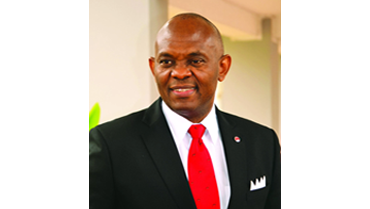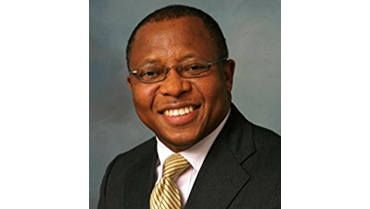Migration is generally defined as the movement of people (or an individual), animals, objects and ideas from one place to another with the intention of settling in the new location.
Existing scholarship on migration has, not only focused on movements of groups of people (as against the individual) but has also concentrated on normative approaches like categorization (“voluntary and involuntary” migration) and identification of migration factors at the negligence of the estimated human consequences, influences and incidents of individual or group experiences. In contemporary Nigeria, migration-triggers that have driven the alteration of natural environments and human settlement in Nigeria and beyond, include such factors as the economy, labor, urbanization, refugeeism, politics, environment, violence, water, climate, human trafficking, domestic apprenticeship, house-help syndrome, nomadic herdsmen, inter ethnic marriages, academic mobility and forced marriages, just to mention but a few.
Such movements, which often involve people and ideas, have not only raised important questions regarding the adaptation and identity of the migrants, the struggle for space and resources, but have challenged traditional notions of citizenship, indigeneity, home, hybridization, the survival of host communities, environmental degradation and the preservation of histories, arts, cultural heritage, religions, literatures, linguistic structures, music, philosophies, performances and languages.
The FUNAI Humanities International Conference 2017 creates an ideal forum for scholars to connect and dialogue over migration indices and human experiences in contemporary Nigeria (particularly), and the globe in general. Questions which this conference intends to address include, but not limited to:
- What are the patterns, trends or challenges in contemporary migration and human experiences?
- What happens (to people or conceptions) when languages, music, histories, religions, philosophies, literatures, artistic productions, linguistic forms and dramatic performances migrate to new spaces, new media or new forms?
- What are the impact and implications of the internet and the new technologies on migration of ideas vis-à- vis practices in traditional disciplines such as Languages, Music, History, Religion, Philosophy, Literature, Artistic productions, Linguistics and Performances?
- What resources do religion, history, linguistics, music, dramatic performances, languages, literatures, philosophy, arts (or other disciplinary studies) offer in relation to creating social and emotional spaces during migration, settlement and integration?
- Do religions, histories, languages, literatures, linguistics, dramatic performances, music, arts etc have special boundary-making and boundary-marking properties that migrants can use in the migration/settlement process?






